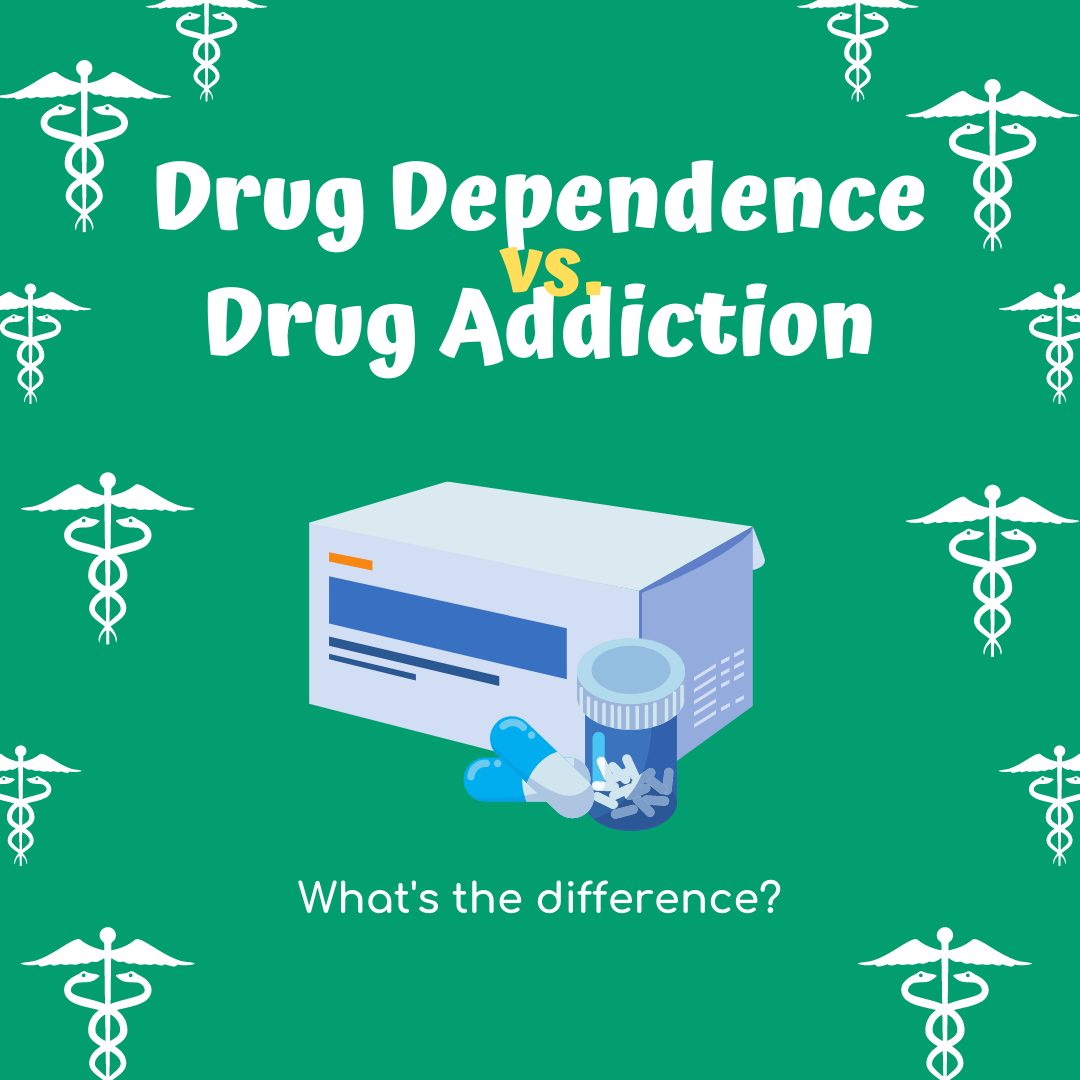What is the difference between addiction and dependence?
Addiction and dependence, specifically to/on drugs, can inhibit a person’s natural lifestyle in severely negative ways. What exactly is the difference between the two terms? Is there a difference? No matter what term is used, how does one seek help?
Dependence is often categorized as, well, just that: dependence on a drug. Dependence will require a user to continuously increase the dosage of their substance in order to achieve the same effect, and ignoring it can cause serious consequences to the body and mind, otherwise known as withdrawal symptoms.
Addiction, on the other hand, can happen more or less as a result of dependence, although this is not always the case. Users who are addicted to a substance will oftentimes have difficulty functioning the way they could before their addiction. An addict may go out of their way to ignore important obligations like school or work in order to fulfill their body’s demands for whatever substance they're taking. Addiction, more often than not, can damage a person’s personal and professional life if not treated properly.
Many organizations like the National Institute on Drug Abuse (NIH) say that while dependence does not effectively mean addiction, the two often present themselves hand-in-hand.
No matter which category one may find themselves under, both are dangerous if left untreated. Those who suspect they know someone who might have substance dependence or addiction are advised to not wait to take action. Expressing concern, but also listening to what the addict or dependent has to say is noted to help immensely.
If you suspect someone you know is struggling with addiction or dependence, you can reach out to the Substance Abuse and Mental Health Services Administration (SAMHSA) for help by going to their website or calling their hotline at 1-800-662-4357.






